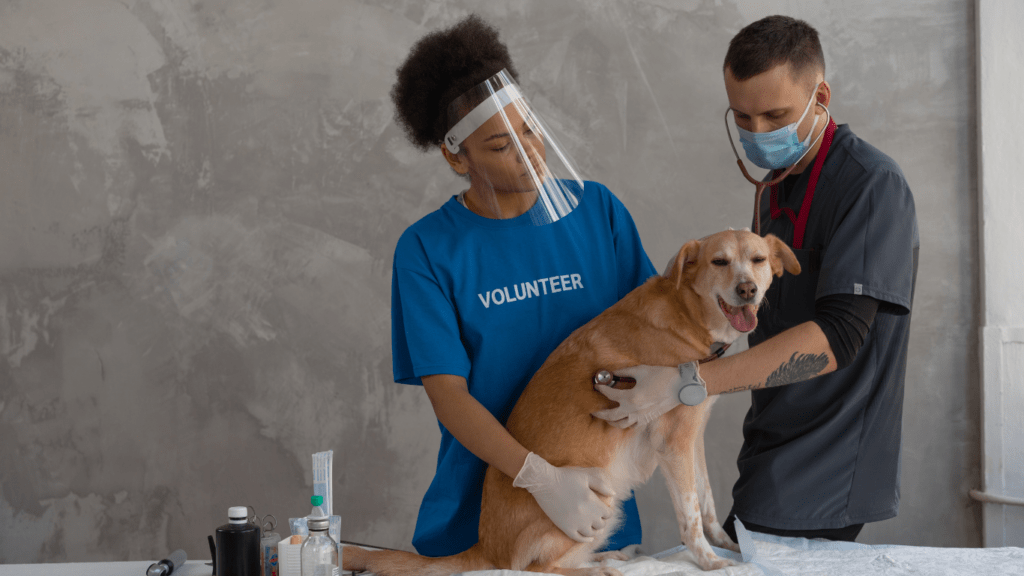Understanding Common Pet Food Allergies
Food allergies in pets can cause various health issues, such as itching and digestive problems. Knowing the common allergenic ingredients and their symptoms helps maintain your pet’s health.
Identifying Allergenic Ingredients
Certain ingredients often trigger food allergies in pets. Beef, dairy, wheat, chicken, eggs, and soy are common culprits. For example, high levels of beef in diets frequently result in allergic reactions.
Processed foods with hidden preservatives and additives also prompt allergies. Reading labels carefully and opting for hypoallergenic foods reduces the risk.
Signs and Symptoms of Food Allergies in Pets
- Recognizing allergy symptoms ensures timely intervention.
- Common signs include itching, redness, and hair loss. Pets may also experience digestive issues like vomiting or diarrhea.
- Skin rashes and ear infections often indicate food allergies as well.
- If symptoms persist, consulting a veterinarian for allergy testing identifies specific allergens effectively.
Managing and Treating Pet Food Allergies

Managing pet food allergies involves precise steps to identify and eliminate allergens from pets’ diets. It’s crucial to consult a veterinarian for accurate diagnosis and effective treatment plans.
Veterinary Diagnostics and Allergy Tests
Veterinarians use diagnostic tools to identify food allergies in pets. Blood tests, elimination diets, and intradermal skin tests are common methods.
Blood tests measure specific antibodies in a pet’s blood, indicating an allergic reaction. Elimination diets, meanwhile, involve feeding pets a novel protein or hydrolyzed diet for 8-12 weeks.
If symptoms improve, owners reintroduce suspected allergens gradually to identify triggers. Intradermal skin tests, although less common for food allergies, can also help diagnose allergic reactions to specific foods.
Dietary Adjustments and Alternative Foods
Making dietary adjustments is essential when managing pet food allergies. Owners must eliminate identified allergens completely from pets’ diets. Switching to hypoallergenic or limited ingredient diets can minimize allergic reactions.
Novel protein diets, which include uncommon proteins like duck or venison, are effective alternatives. Additionally, hydrolyzed diets, in which proteins are broken down into smaller components, can prevent immune reactions.
Regularly reading labels and consulting with veterinarians ensures pets receive safe and balanced nutrition.
Preventive Measures for Pet Food Allergies
Taking preventive measures can significantly reduce the risk of your pet developing food allergies. Incorporate these strategies into your pet care routine to ensure optimal health.
Choosing the Right Diet for Your Pet
Selecting the appropriate diet is fundamental in preventing food allergies. Focus on high-quality pet foods that list specific protein sources like “chicken” or “beef”.
Avoid foods with vague terms such as:
- meat by-products
- animal digest
It’s critical to check for common allergens, including beef, dairy, wheat, chicken, eggs, and soy.
Opt to feed your pet hypoallergenic diets or limited ingredient diets containing novel proteins like duck or venison. By choosing the right diet, you minimize exposure to potential allergens.
Importance of Regular Veterinary Check-Ups
Regular veterinary check-ups are essential in preventing and managing pet food allergies. Schedule annual or bi-annual visits to monitor your pet’s health and detect early signs of allergies.
Veterinarians offer advice on the best diets and may recommend allergy testing if your pet shows symptoms like itching or digestive issues. Frequent consultations ensure you receive professional guidance on safe food choices, helping to maintain your pet’s overall well-being.


